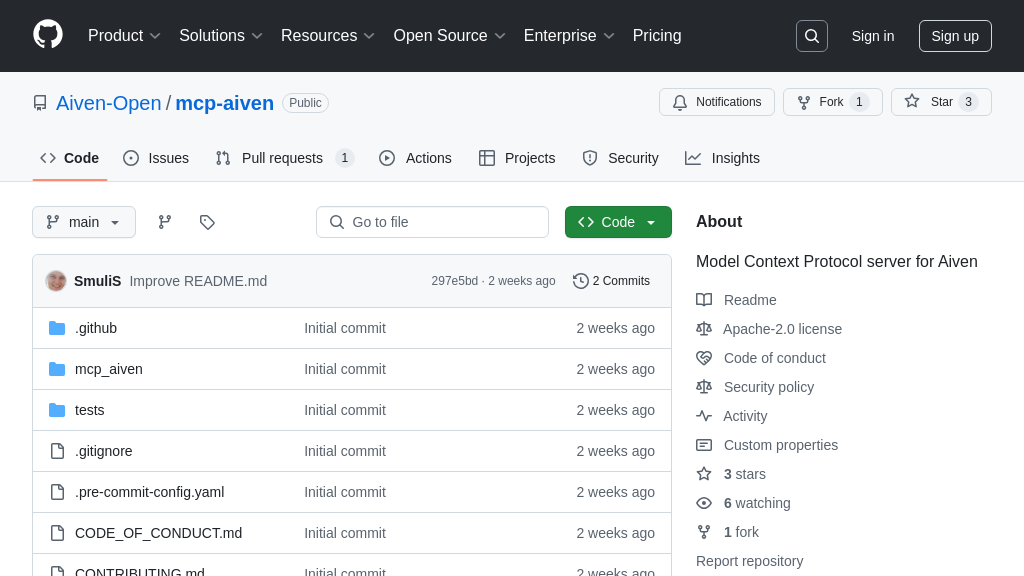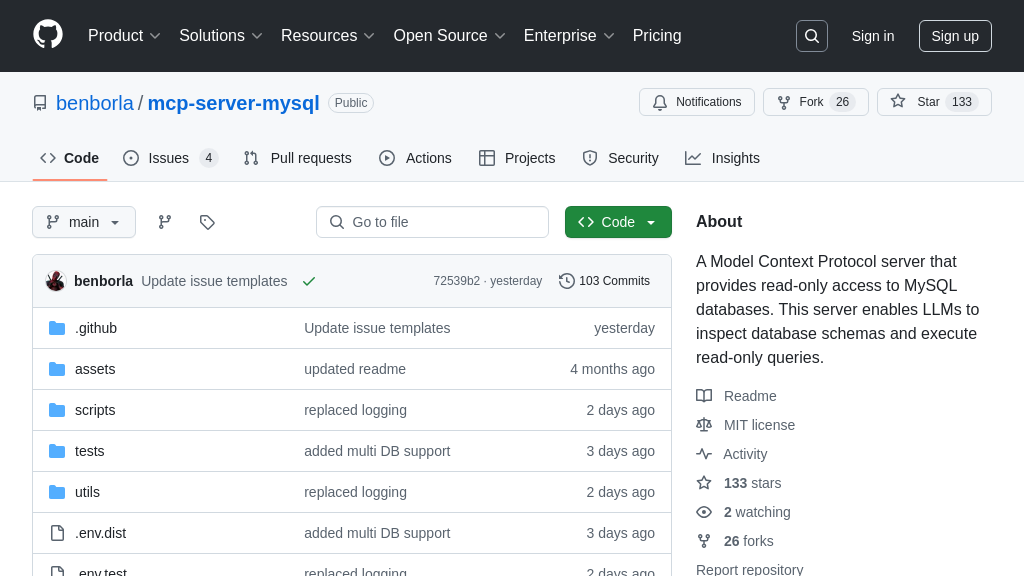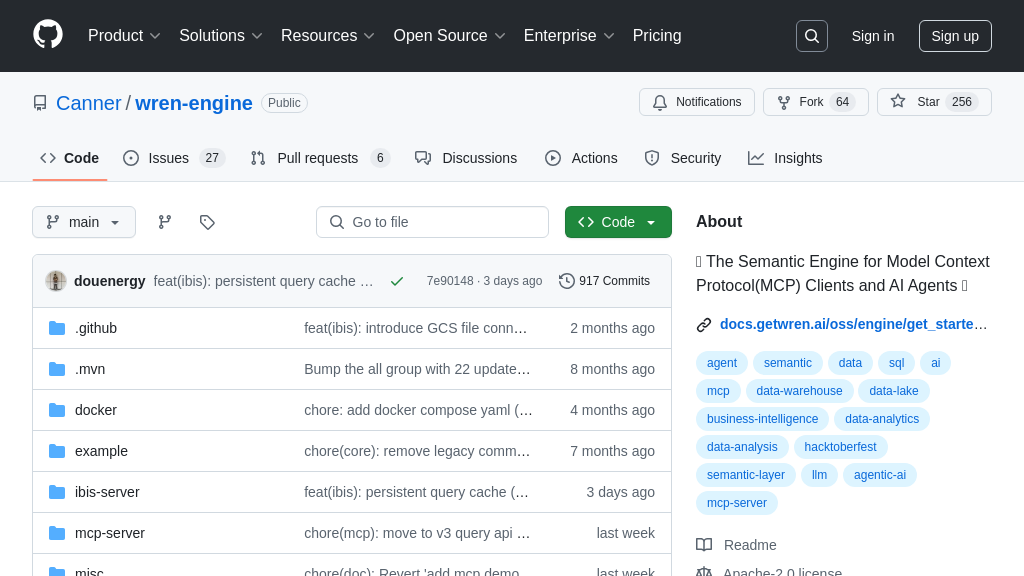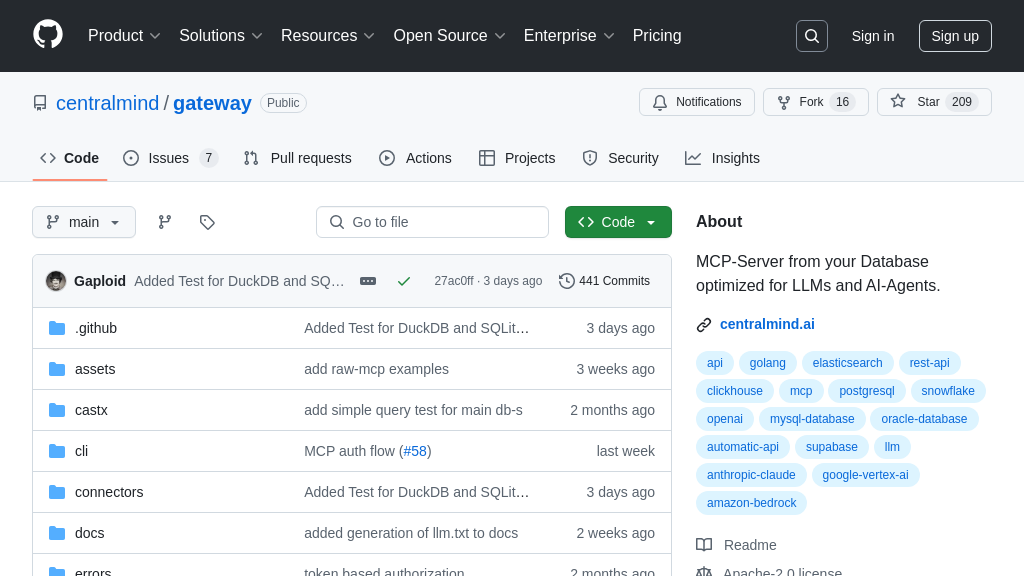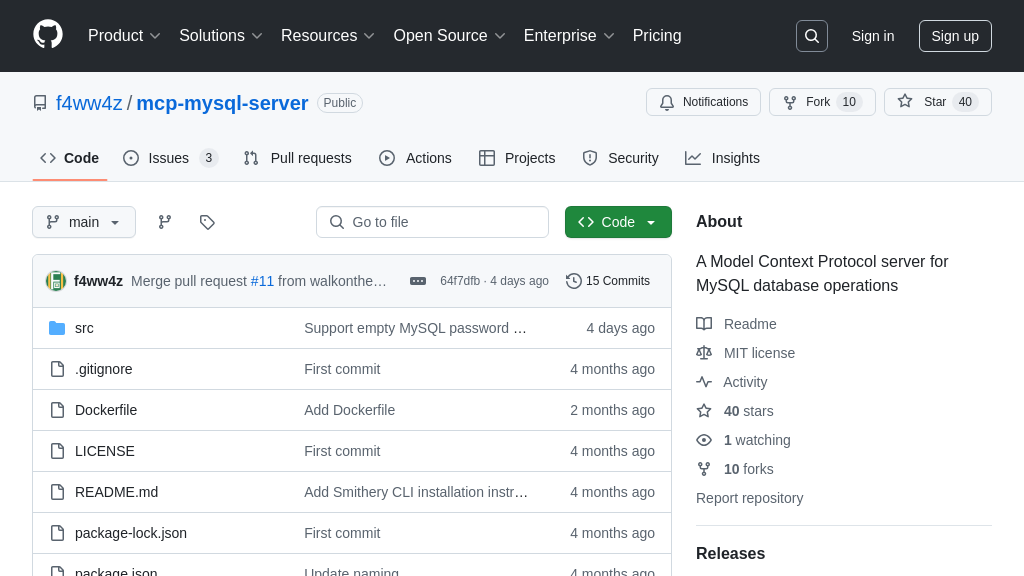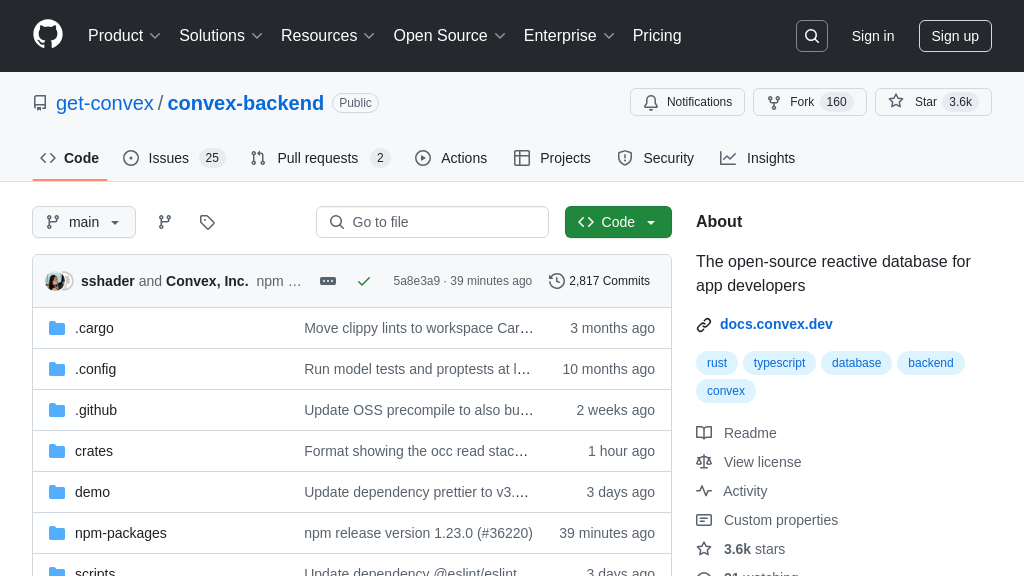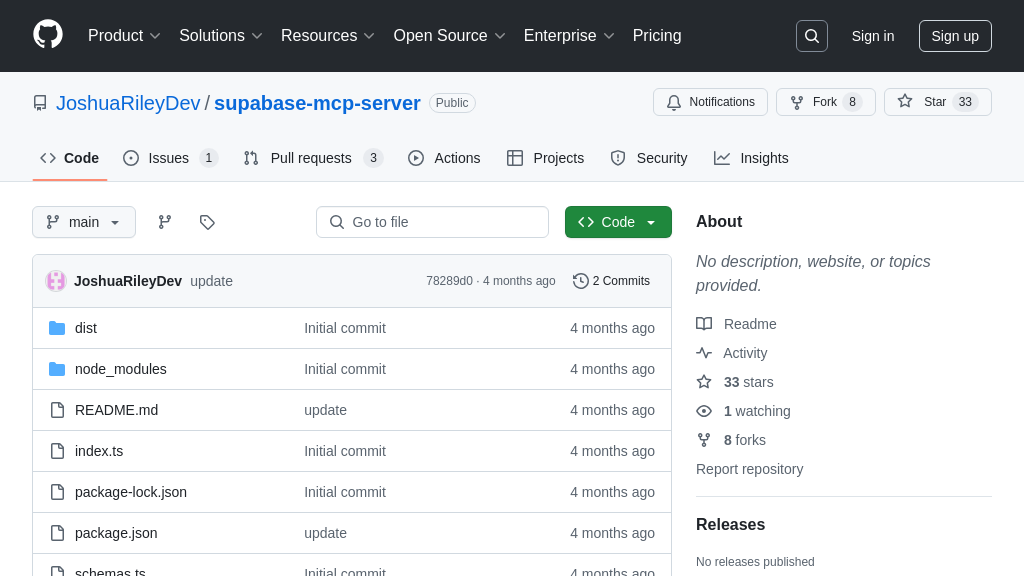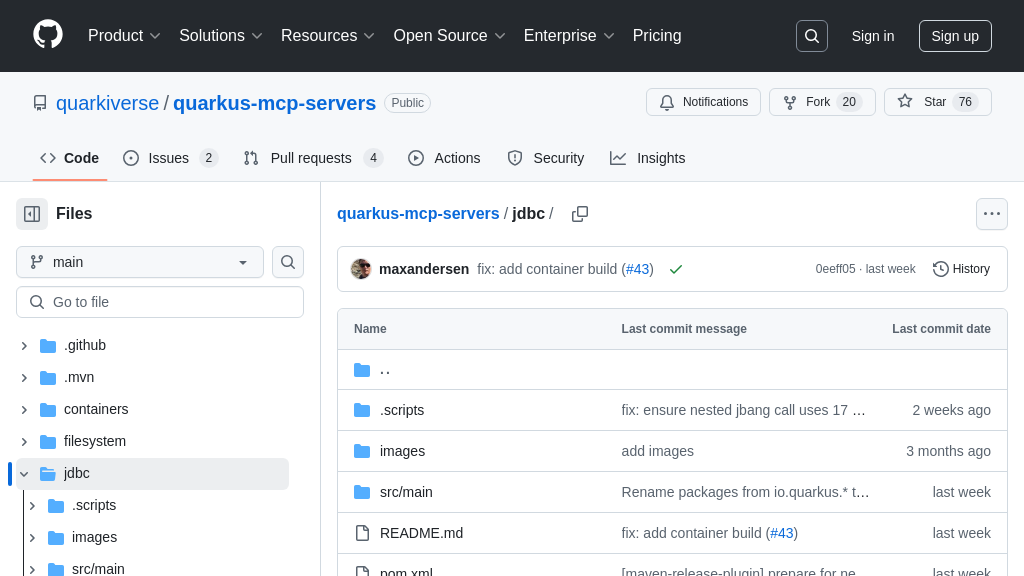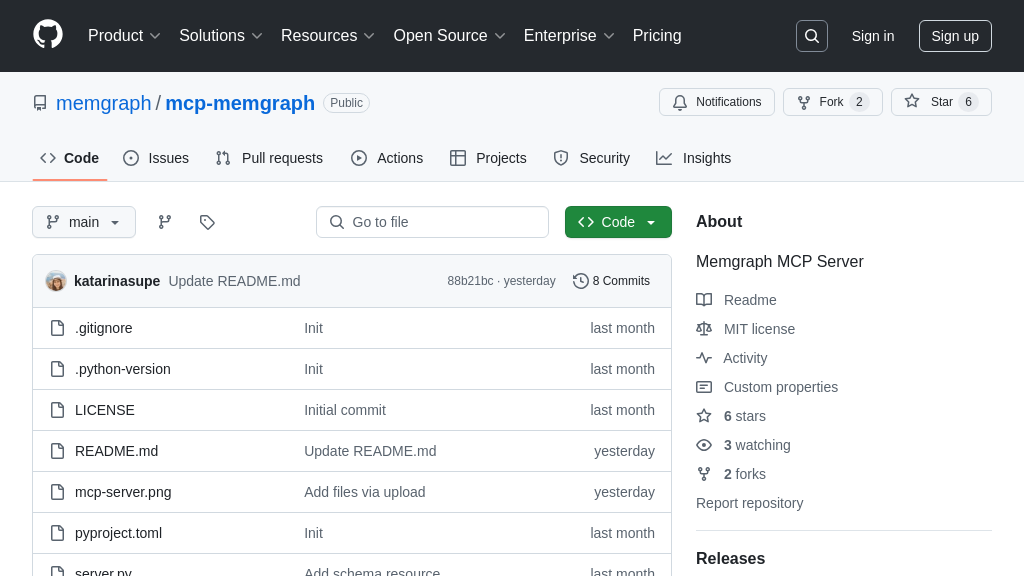ancestry-mcp
Interact with .ged files using AI! The Ancestry MCP Server enables AI models to access and manipulate genealogical data via the Model Context Protocol.
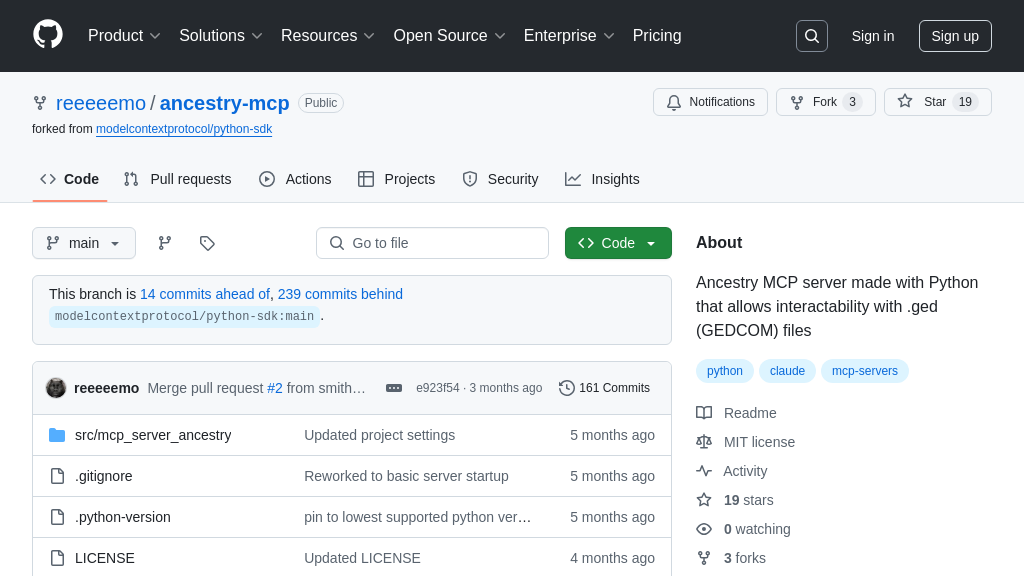
ancestry-mcp Solution Overview
Ancestry-MCP is a specialized MCP server designed to connect AI models with genealogical data stored in GEDCOM (.ged) files. This Python-based server empowers AI to access, parse, and analyze family history information. Key features include listing, renaming, and viewing .ged files, enabling AI models to extract specific details like birthdates or family relationships.
By implementing the Model Context Protocol, Ancestry-MCP facilitates a seamless and secure interaction between AI and sensitive genealogical data. Developers can leverage this server to build AI applications that provide intelligent insights into ancestry, automate genealogical research, or create interactive family history experiences. The server operates within a defined directory, ensuring data security and controlled access. Integration is straightforward, with options for both automated installation via Smithery and manual configuration, making it easily adaptable to existing development workflows.
ancestry-mcp Key Capabilities
GEDCOM File Parsing and Reading
The ancestry-mcp server provides the core functionality of parsing and reading GEDCOM (.ged) files, a standard format for genealogical data. This allows AI models to access and understand the complex relationships and information stored within these files. The server extracts data such as individual profiles, family links, dates of birth, marriage records, and other relevant genealogical details. This extracted information is then made available to the AI model in a structured format, enabling it to perform tasks such as relationship analysis, historical trend identification, and automated family tree generation. The view_file tool facilitates this process, allowing the AI to request specific information or the entire contents of a GEDCOM file.
For example, an AI model could use this feature to analyze a family's migration patterns over several generations by extracting birthplaces and dates from multiple GEDCOM files. The server handles the complexities of the GEDCOM format, presenting the data in a consistent and easily digestible manner for the AI.
File Management Operations
Beyond simply reading GEDCOM files, ancestry-mcp also offers basic file management capabilities, specifically the ability to list and rename files within a designated directory. The list_files tool allows an AI model to discover available GEDCOM files, while the rename_file tool enables the AI to organize and manage these files. This is particularly useful in scenarios where the AI is responsible for maintaining a large collection of genealogical data.
For instance, an AI could automatically rename files based on their content, such as appending the family name or a key date to the filename for easier identification. This feature ensures that the AI model can not only access the data but also actively participate in its organization and maintenance, streamlining workflows and improving data governance. The server restricts these operations to a specified directory, enhancing security and preventing unintended modifications to the broader file system.
Individual and Family Search
A key feature of ancestry-mcp is its ability to search for specific individuals or families within GEDCOM files. While the documentation only mentions the view_file tool, the description implies the ability to extract specific information such as date of birth or marriage records. This suggests an underlying search capability that allows AI models to pinpoint relevant data points within large genealogical datasets. This functionality is crucial for tasks such as verifying relationships, identifying potential ancestors, or gathering information for historical research.
Imagine an AI model tasked with finding all individuals born in a specific town during a certain period. By leveraging the search capabilities of ancestry-mcp, the AI can efficiently extract the relevant data from multiple GEDCOM files, providing valuable insights for genealogical research or historical analysis. The server acts as an intermediary, handling the complexities of the GEDCOM format and delivering targeted results to the AI model.
Technical Implementation
Ancestry-mcp is implemented in Python and built upon the Model Context Protocol (MCP) Python SDK. This choice of technology provides several advantages, including ease of development, cross-platform compatibility, and a rich ecosystem of libraries for data processing and manipulation. The server utilizes standard Python libraries for file I/O and GEDCOM parsing, ensuring robustness and reliability. The use of the MCP Python SDK simplifies the integration with other MCP-compliant components, such as AI clients and other data sources. The server exposes its functionality through a well-defined API, allowing AI models to interact with it using standard MCP protocols.
